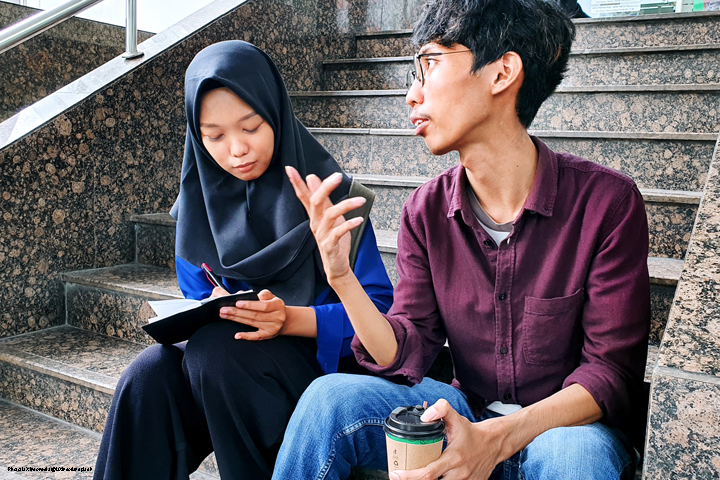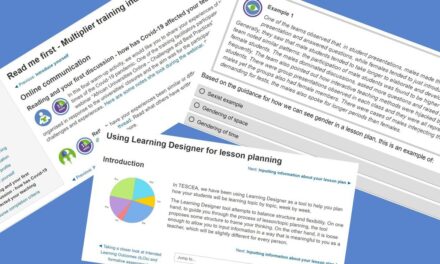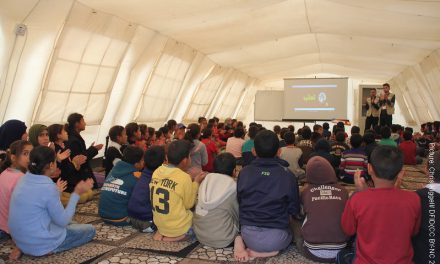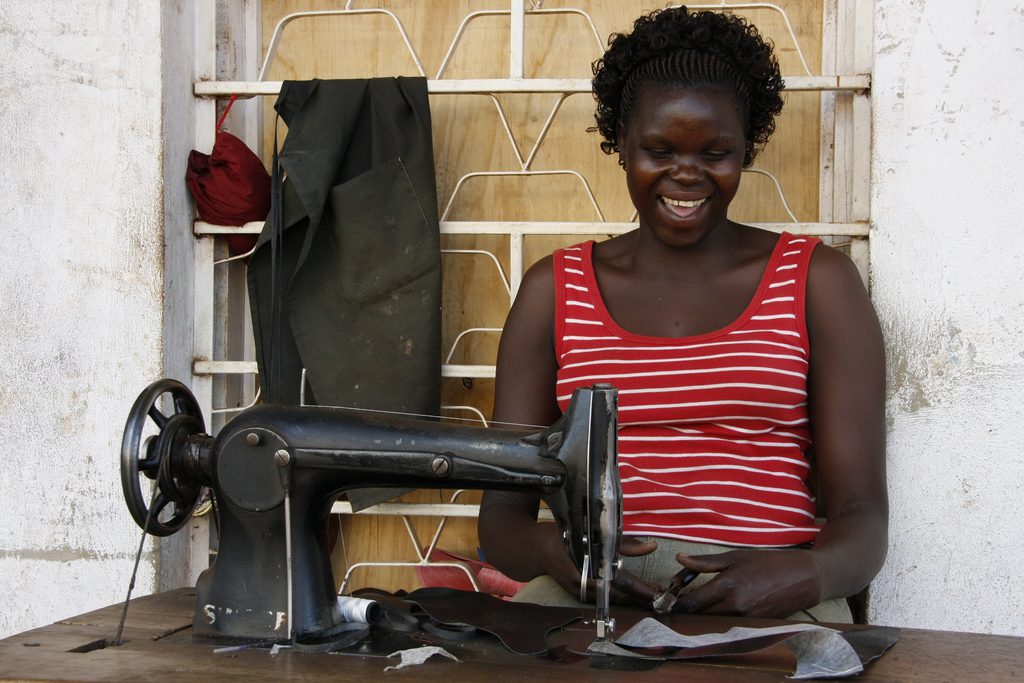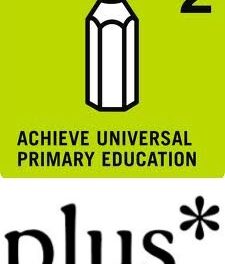This article summarises an interview with co-convenors of one of six 2021 UKFIET conference themes: Research methods: Building back better in international education and development research. The co-convenors are Bronwen McGrath, Global Programme Manager at Aga Khan Foundation; and Elizabeth Walton, Associate Professor in Special and Inclusive Education in the School of Education at the University of Nottingham.
This UKFIET subtheme, Research methods: Building back better in international education and development research, gives us an exciting opportunity to dig into the “how” of the research process through a full day of plenary and symposia sessions. As a community of education researchers, practitioners and policymakers, we tend to focus more on the findings of research and how to translate these findings into evidence-informed policy and practice. But we know that what we find is determined by how we go about searching: the approaches, tools and assumptions we bring to the research process shape the evidence we find.
Taken together, the set of papers and symposia presented under the research methods subtheme will interrogate the connection between method and result in international education and development research. We have a number of submissions exploring participatory research methods that directly engage young people, teachers and communities in shaping and defining the research project. These will invite discussion on different forms of partnership and help us reflect critically on the role of the researcher.
Several papers will look specifically at how COVID-19 has changed research practices and examine new tools and technologies that are being developed in the wake of the pandemic. We are very excited to have a number of early-career and graduate scholars presenting in this subtheme, bringing new perspectives and ideas on research processes and tools.
All of the presentations will raise challenging questions for our community of researchers: How can we respond to complex ethical dilemmas and conflicts of interest in our research? How can the research methods and tools we employ help disrupt patterns of inequality and injustice in our field? How can we foster equal partnership and genuine engagement among “non-traditional” research partners?
These questions and themes feel particularly relevant to our current global context. The COVID-19 pandemic has limited our ability to conduct international field research, a trend that may continue as a reaction to the visible impact of climate change. There is increasing awareness that colonial patterns of power and privilege continue to shape research partnerships and the distribution of research “goods”. We look forward to challenging conversations about whose voice matters in research and of ‘who benefits’ from current research arrangements.

